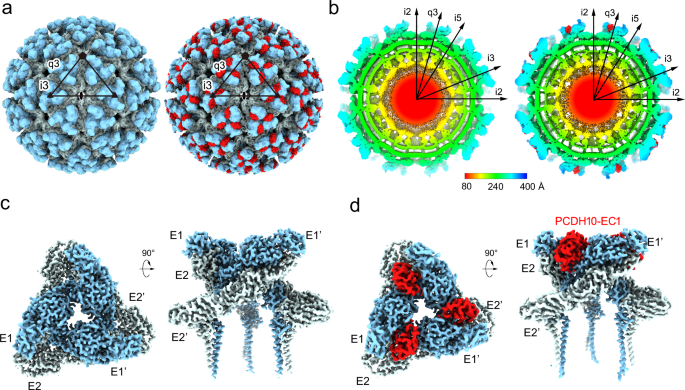
“The federal government’s actions are not only unlawful; they’re irrational and wildly partisan,” California’s Democratic Attorney General Rob Bonta said on Thursday.
—
California’s Attorney General Rob Bonta sued the Trump administration over a Congress-backed resolution blocking the state’s mandates to phase out gas-powered cars.
President Donald Trump signed a resolution blocking California’s first-in-the-nation ban on the sale of new gas-powered cars by 2035. Shortly after, Bonta announced the lawsuit at a press conference, describing the move as “reckless, politically motivated, and illegal attacks on California.”
Ten other states that are enforcing California’s emissions rules, including Colorado, Delaware, Massachusetts, New Jersey, New Mexico, and New York, joined the lawsuit.
Previous administrations granted California waivers to set to set its own, more stringent vehicle standards in the 1967 Clean Air Act to curb air pollution in the state, which is home to five of the country’s 10 most polluted cities.
Under California’s 2022 mandate, which builds on builds on decades of tightening emissions standards for cars sold in the state, 35% of new 2026 model cars sold in the state must be zero-emissions, increasing to 68% in 2030 and 100% in 2035.
Trump’s resolution also blocked California’s 2020 Advanced Clean Trucks rule, which established zero-emission vehicle standards for medium and heavy-duty vehicles, and a 2020 state regulation reducing smog-forming nitrogen oxides emitted by trucks and buses. It came after the Republican-led Congress approved the resolution last month.

In a statement, Governor Gavin Newson accused Trump of being “wholly-owned subsidiary of big polluters.”
“Trump’s all-out assault on California continues – and this time he’s destroying our clean air and America’s global competitiveness in the process,” the statement read.
California is currently involved in 25 lawsuits challenging Trump administration actions, including blocking billions in federal funding for electric vehicle chargers and halting the approval of wind energy infrastructure.
‘Fundamentally Irreconcilable’
In April, US President Donald Trump instructed the Department of Justice to “stop the enforcement” of what his administration says are “unconstitutional” or “otherwise unenforceable” state climate laws.
The executive order instructs Attorney General Pam Bondi to “prioritize the identification” and “take all appropriate action to stop the enforcement” of state laws “purporting to address ‘climate change’ or involving ‘environmental, social, and governance’ initiatives, ‘environmental justice,’ carbon or ‘greenhouse gas’ emissions, and funds to collect carbon penalties or carbon taxes.”
The order identified California, New York, and Vermont as targets, alongside a wide array of state regulations that the administration aims to invalidate, spanning from cap-and-trade programs to licensing regulations. Trump says these laws are “fundamentally irreconcilable with my Administration’s objective to unleash American energy” and they “should not stand.”

One of the rules under attack is California’s climate superfund legislation, which the state adopted in February. Modelled on climate superfund laws passed by New York and Vermont last year, California’s Polluters Pay Climate Superfund Act seeks to hold fossil fuel companies financially responsible for damage caused by the burning of three planet-warming fossil fuels – coal, oil and gas.
It requires companies generating more than 1 billion tons of greenhouse gas emissions between 1990 and 2024 to pay into the newly created state fund, with fees going into a Polluters Pay Climate Fund to finance climate disaster recovery and resiliency projects.
More on the topic: A Closer Look at the ‘Climate Superfund’ Laws Trump Is Threatening to End
Featured image: Aji Styawan/Climate Visuals.
This story is funded by readers like you
Our non-profit newsroom provides climate coverage free of charge and advertising. Your one-off or monthly donations play a crucial role in supporting our operations, expanding our reach, and maintaining our editorial independence.
About EO | Mission Statement | Impact & Reach | Write for us







